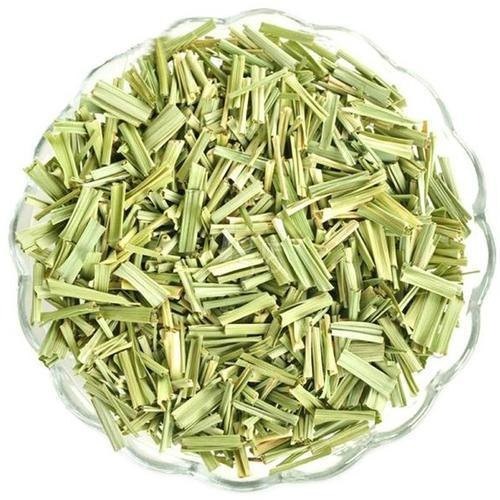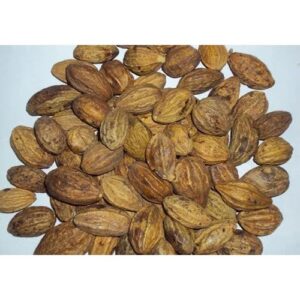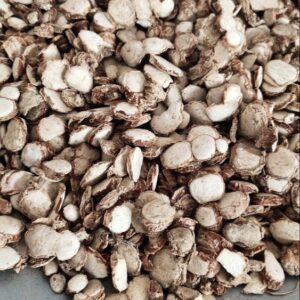Description
Common Names:
- Lemongrass
- Citronella Grass
- Serai (in Malay/Indonesian)
- Tom Yum (in Thai cuisine contexts)
Forms:
- Fresh Stalks: Used in cooking and as a flavoring agent.
- Dried Leaves: Used in teas and as a spice.
- Powdered Form: Ground dried leaves used in culinary and medicinal applications.
- Essential Oil: Extracted from the leaves and stalks, used in aromatherapy and for its potential therapeutic benefits.
Origin:
- Native Region: Native to tropical Asia, including India, Sri Lanka, and parts of Southeast Asia.
- Cultivation: Widely grown in tropical and subtropical regions around the world.
Nutritional Benefits:
- Vitamins and Minerals: Contains vitamins A and C, as well as essential minerals such as potassium, calcium, and magnesium.
- Antioxidants: Rich in antioxidants that help combat oxidative stress and protect cells.
Health Benefits:
- Digestive Health: Used traditionally to aid digestion, relieve bloating, and treat digestive issues such as indigestion and nausea.
- Antimicrobial Properties: Contains compounds with antimicrobial properties that can help in fighting infections.
- Anti-inflammatory Effects: Known for its anti-inflammatory properties, which can benefit conditions related to inflammation.
- Detoxification: May support detoxification processes and help in purifying the body.
- Stress Relief: Lemongrass essential oil is used in aromatherapy to reduce stress and promote relaxation.
Uses:
- Culinary Uses: Commonly used in Asian cuisine, particularly Thai and Vietnamese dishes. Lemongrass adds a citrusy flavor to soups, curries, and teas.
- Herbal Remedies: Used in traditional medicine to treat digestive issues, infections, and inflammation.
- Essential Oil: Used in aromatherapy, personal care products, and as a natural insect repellent.







